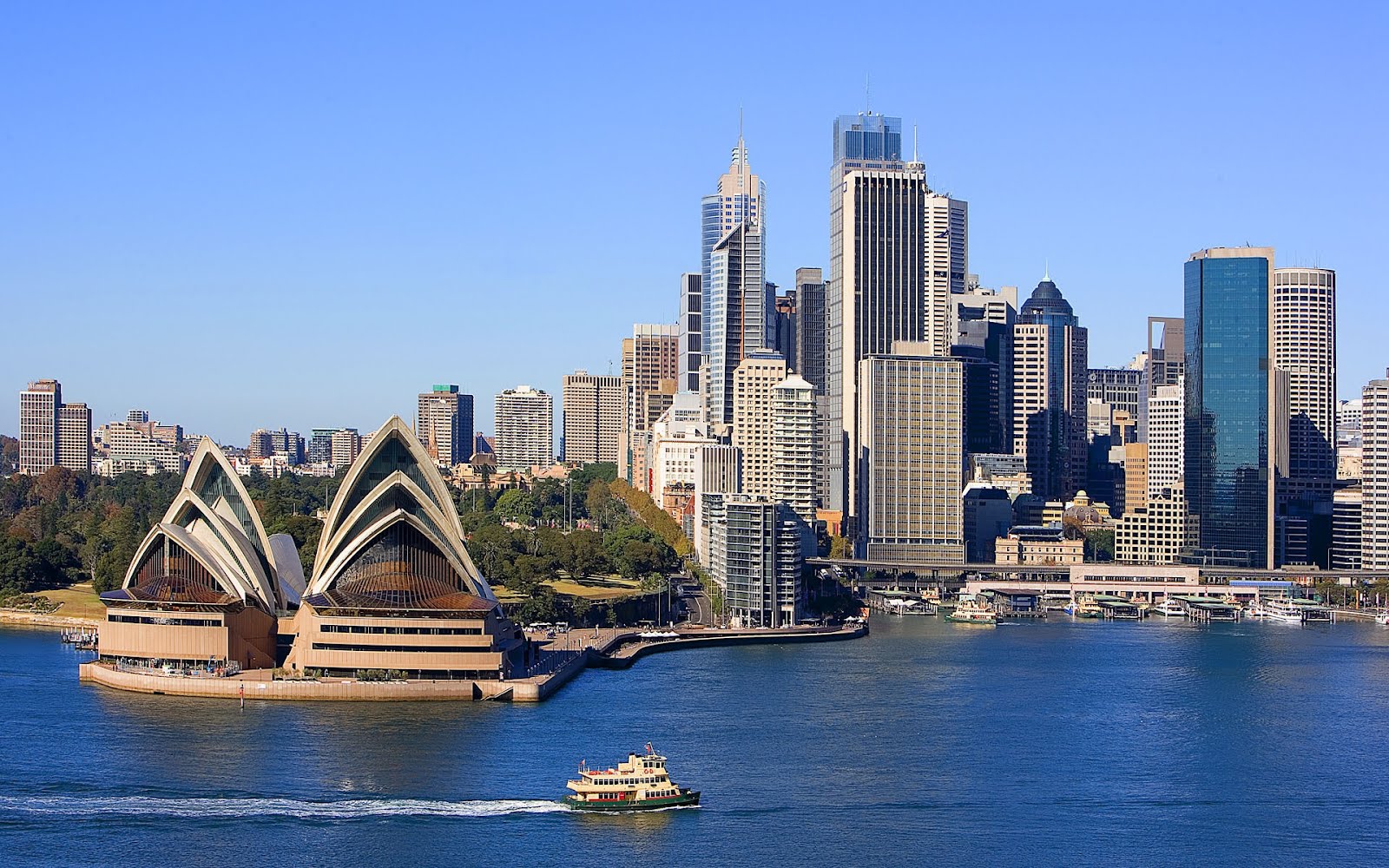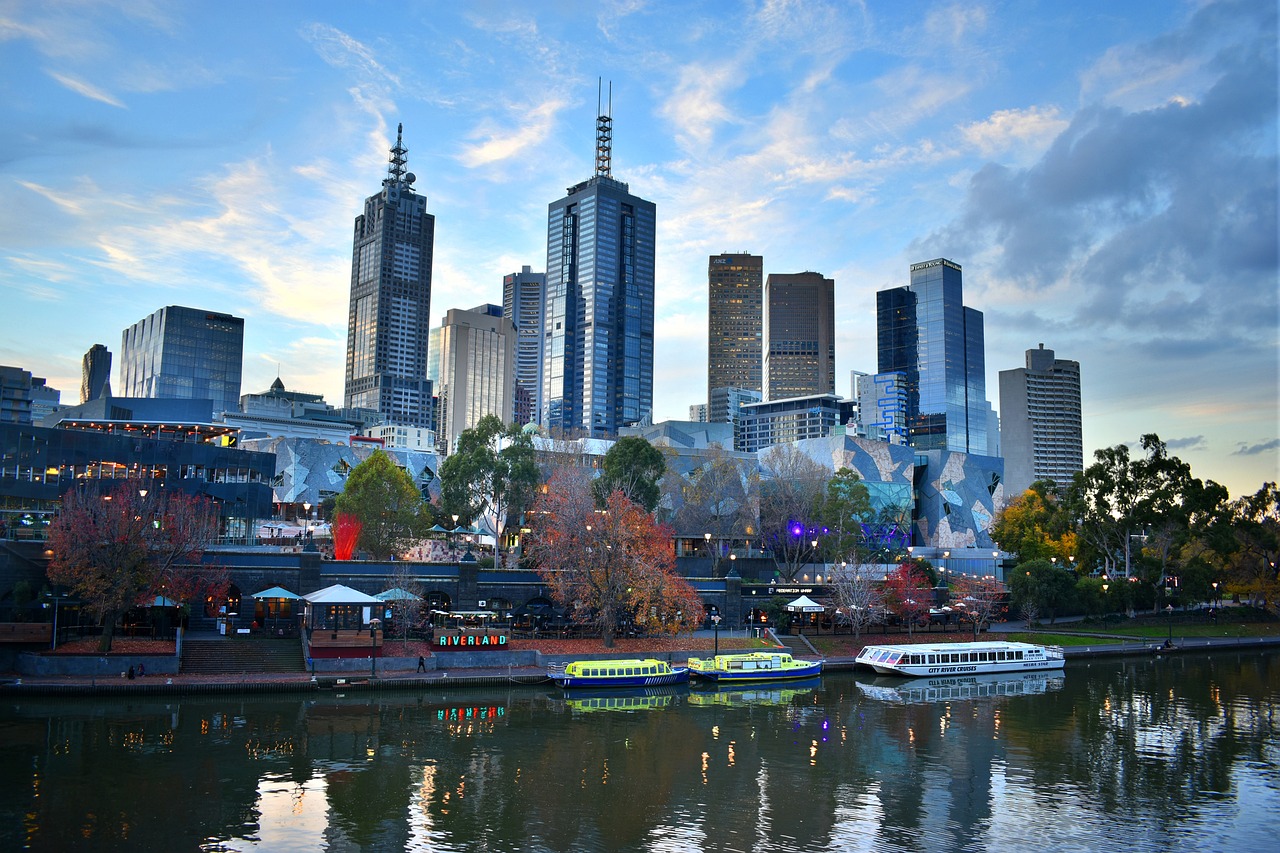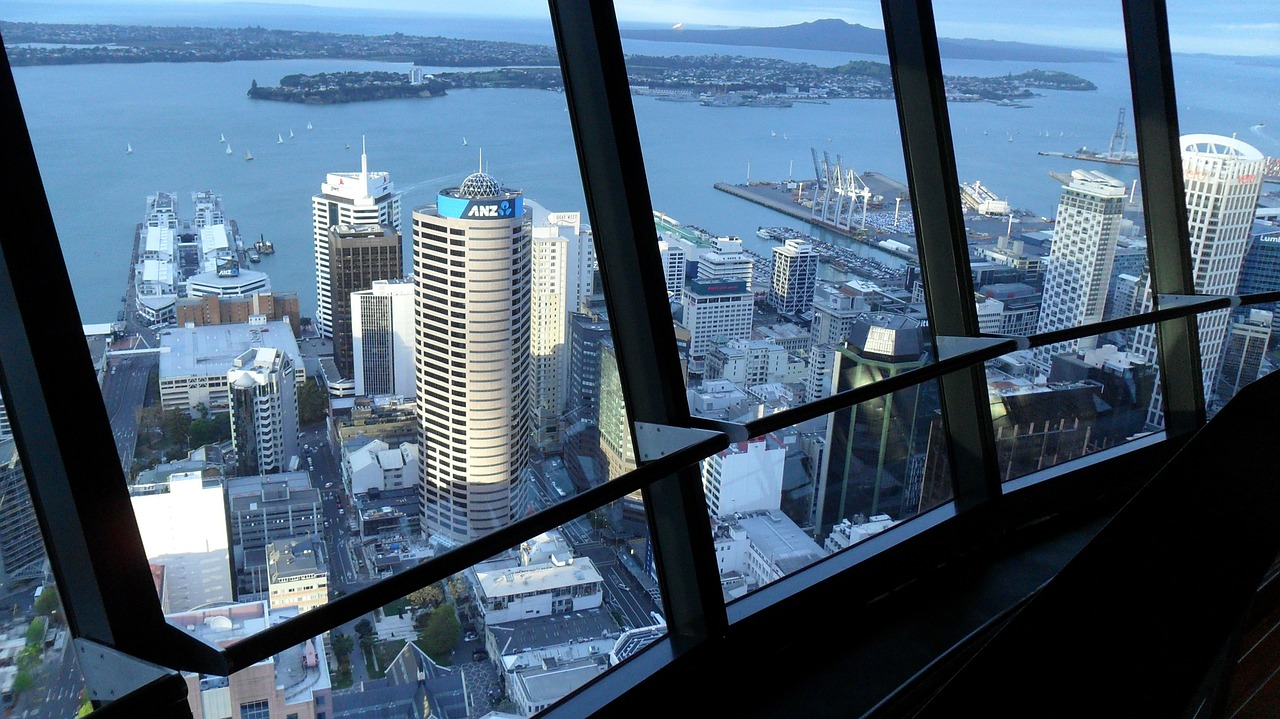Throughout April, the Australian house prices have considerably slowed down indicating a possible break in the trend of excelling growth.
But it may be hard to say right now because there are interruptions throughout the month of April. For example, there is the school holidays, Easter and the Anzac Day weekend. All of these seasonal events may have affected Australia’s property sales.
The Australian federal Turnbull government has released new data highlighting their plans to charge foreigners up to $5,000 for leaving an Australian apartment empty. This property news appears as the government are planning their current budgets and their intentions for the future.
The newly named “ghost house” tax will be a new condition of Foreign Investment Review Board approval, says a leading UK media company.
Australian house prices may be fluctuating but their government really wants to help Australian citizens to climb the property ladder. In doing so, the government plans to prevent foreigners from purchasing more than half of their newly built apartments to try and help their own citizens to buy a property.
CoreLogic released some data that showed property prices across Australia’s eight biggest cities increasing by 0.1% last month. This places a strain on the annual growth in prices, dragging it down from 12.9% in March to 11.2%. Australia’s biggest housing market in Sydney and other city Melbourne have shown negative figures through data collection. Sydney’s house prices were down (0.04%) and Melbourne recorded just 0.5% growth.
Australia’s biggest housing market in Sydney and other city Melbourne have shown negative figures through data collection. Sydney’s house prices were down by -0.04% and Melbourne recorded just a 0.5% growth rate.
CoreLogic’s data also showed that their eight city aggregates demonstrate unit prices in April going down by 1.2%, drawing down the annual flow of growth from 9.8% in March to 6.4% in April. House prices went up in April by 0.4% but the overall growth has worryingly slowed down.
Commonwealth Bank economist, John Peters, said: “The big question is whether it will be enough to cool the market sufficiently to alleviate the Reserve Bank’s heightening concerns about on-going house price inflation, particularly in Sydney and Melbourne, ever expanding household debt and their potential impact on financial stability.”
Recent higher borrowing rates released by big banks and stricter lending conditions may affect the impact of housing activity.
The treasurer, Scott Morrison, said: “I note today the CoreLogic data showed that, across all five capital cities, there was a negative outcome in the apartment market.
“I mentioned that last week. I said the apartment market had already begun to turn.
“We also saw in that data what was happening with home prices in Sydney as well. A flattening of what we’d seen with growth. I have been careful to say all along that you have to be so careful in how you engage in housing policy.”
All of this shows how the Turnbull government is appearing to act very wisely in adopting a well-thought housing policy, which is good news for overseas investors.
The government needs to stay aware that predicting the peak in the market and the current circumstances may be hard to call at the moment as it’s still so early in the year. Australian house prices may keep on going up and then might fall again, but as long as those in power remain cautious and open-minded toward strong housing policies, then everything should be just fine.
Written by Gemma Smith





2 Comments